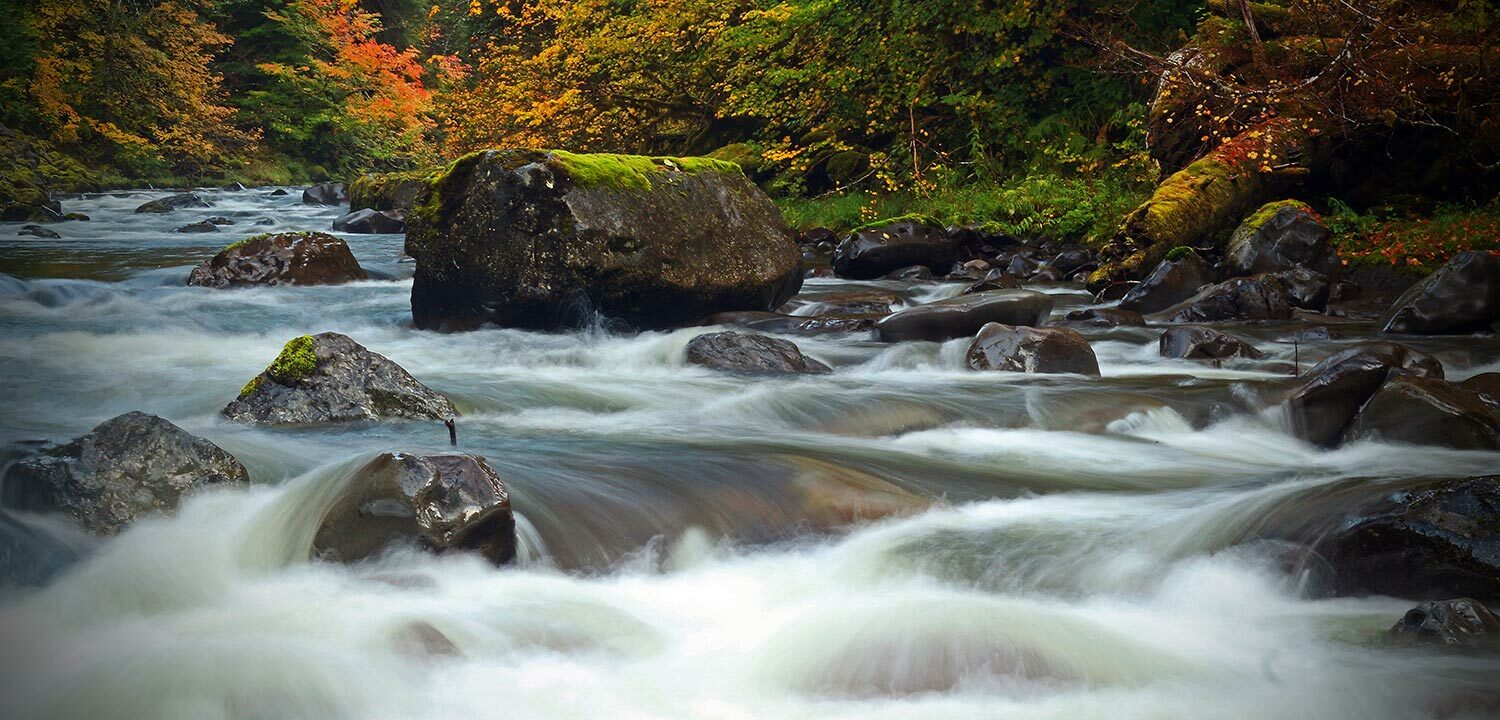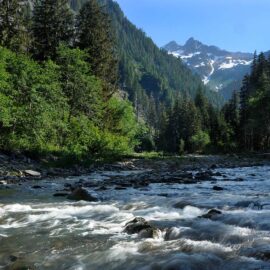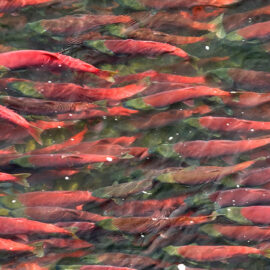Washington makes landmark designation with first Wild Salmonid Management Zone.
Port Angeles, WA – The first Wild Salmonid Management Zone for steelhead has been designated in Washington State by the Department of Fish and Wildlife. The new zone covers the entire Sol Duc River on the Olympic Peninsula, spanning nearly 227 square miles. The river drains directly into the Pacific Ocean from the west coast of Washington and is one the most productive systems for wild steelhead in the state.
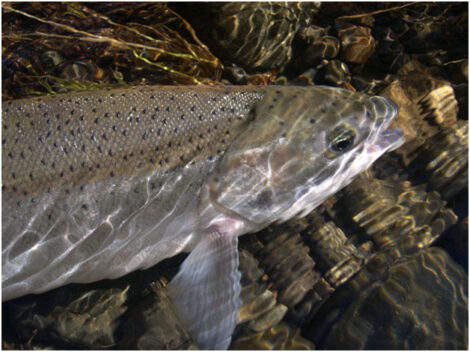
“Maximizing genetic diversity in salmon and steelhead populations is the key to preserving fishing opportunities,” said Guido Rahr, President of the Wild Salmon Center. “Managing the Sol Duc as a wild steelhead zone is the critical first step of investing in our future fisheries.”
Wild Salmonid Management Zones (or WSMZ’s) provide fish an excellent opportunity to adapt to ever‐ changing environmental conditions. The zones are only selected for salmon and steelhead populations that are the most productive, genetically diverse, and abundant and where their habitats are healthy enough for rearing and spawning.
To highlight the importance of WSMZ’s, over the last five years the Wild Salmon Center has participated in advisory committees and provided numerous independent technical reviews of public fisheries policy and hatchery programs to the Washington Department of Fish and Wildlife, US Fish and Wildlife Service, treaty tribes, and local stakeholders from the Washington coast.
The establishment of this new management zone was the result of many organizations and concerned citizens working together. The Wild Salmon Center worked with over 100 stakeholders to help draft a sustainability plan that included WSMZ’s for the Governor’s Salmon Recovery Office under the auspices of the Washington Coast Sustainable Salmon Partnership—a major partnership initiative focused on sustaining wild fisheries and local economies.
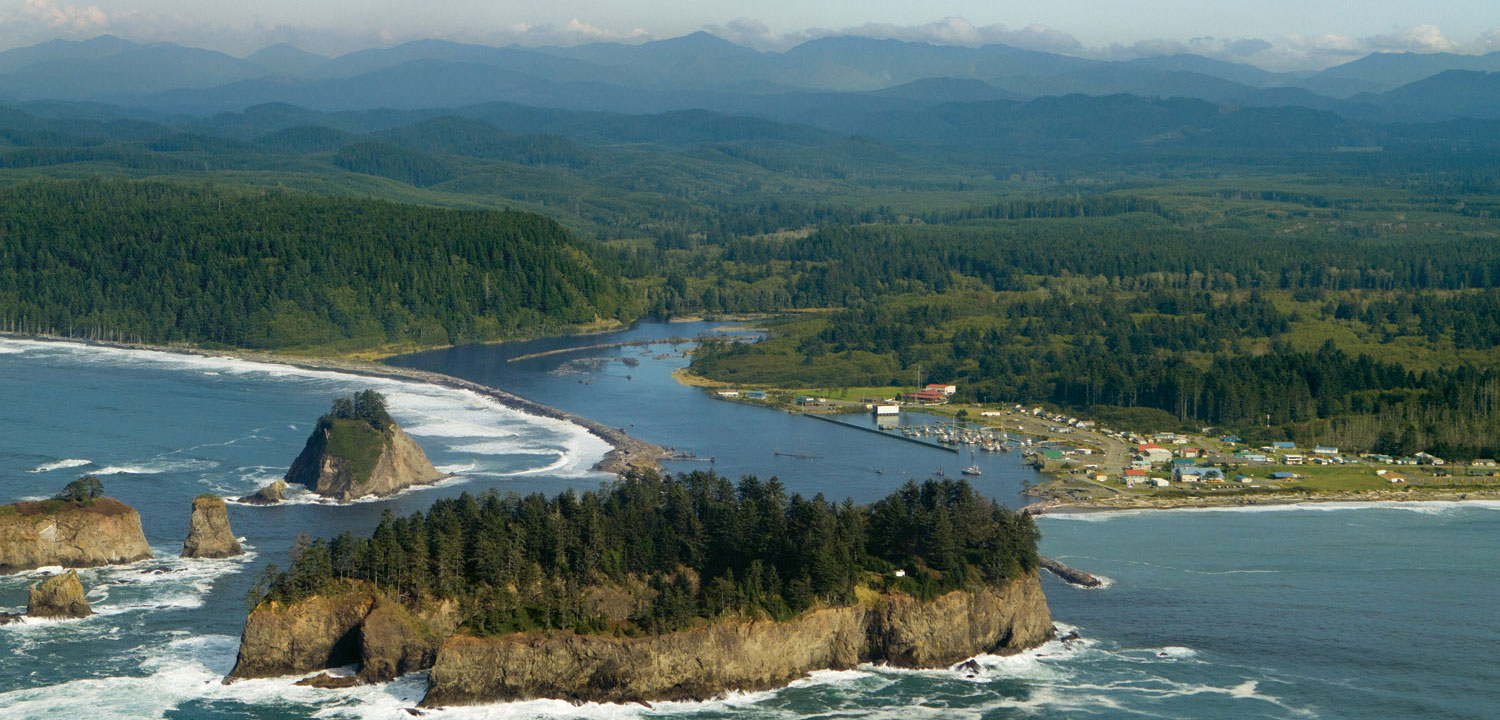
“Identifying and designating WSMZ’s is a key strategy in our forthcoming plan,” said Miles Batchelder, Executive Director of the Washington Coast Sustainable Salmon Partnership. “We would not have considered this strategy without Wild Salmon Center’s help and collaborative conservation approach. They helped us break through disparate social values to find common ground. We are excited to see parts of our plan being implemented already.”
Though the zone is official, there is still more work to be done.
“The designation has good potential, but it is important to determine what management actions should be put into place to protect spawning steelhead from increasing fishing pressure,” said Mel Moon, Director of Natural Resources for the Quileute Tribe.
Over the coming years, the Wild Salmon Center will be working with its partners to improve fishery regulations, pursue long‐term monitoring funding, and to identify other candidate rivers for Wild Salmonid Management Zone designation.
